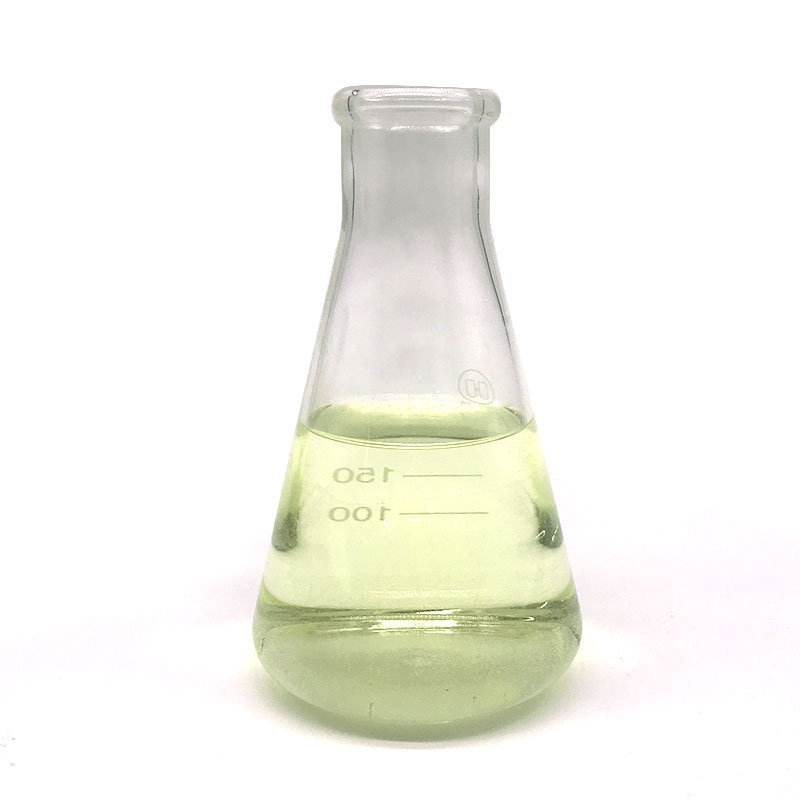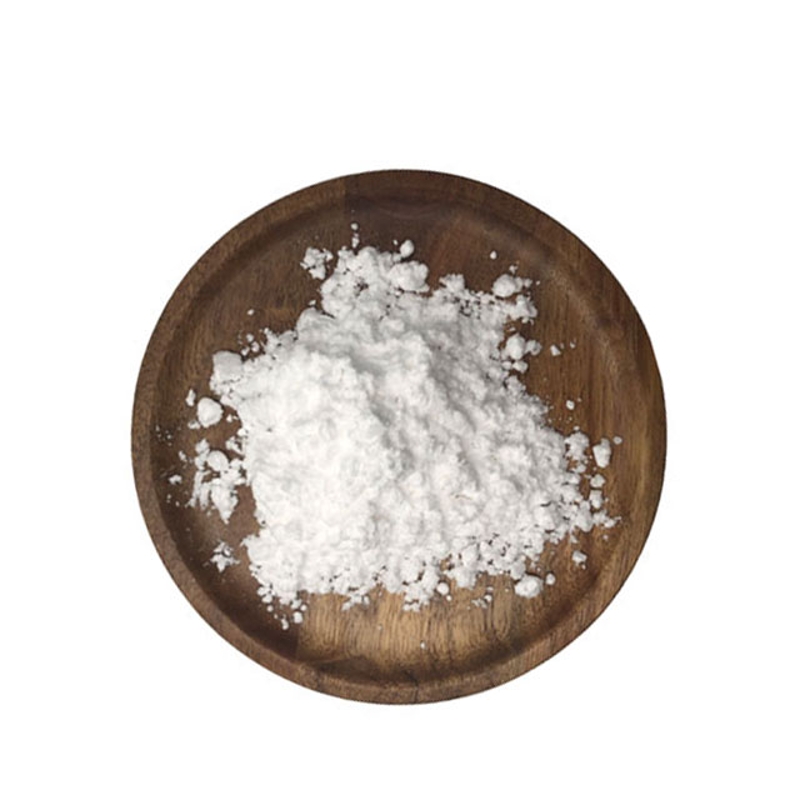-
Categories
-
Pharmaceutical Intermediates
-
Active Pharmaceutical Ingredients
-
Food Additives
- Industrial Coatings
- Agrochemicals
- Dyes and Pigments
- Surfactant
- Flavors and Fragrances
- Chemical Reagents
- Catalyst and Auxiliary
- Natural Products
- Inorganic Chemistry
-
Organic Chemistry
-
Biochemical Engineering
- Analytical Chemistry
- Cosmetic Ingredient
-
Pharmaceutical Intermediates
Promotion
ECHEMI Mall
Wholesale
Weekly Price
Exhibition
News
-
Trade Service
On October 14th Vertex Pharmaceuticals announced a change in its clinical plan for the development of a small molecule-correcting drug for α-1 antitase deficiency (AATD).
the decision to discontinue the development of the highly-anticipated experimental drug VX-814 because safety signals were observed in the interim study.
, we will continue to advance the development of another drug in the clinical program, VX-864.
VX-814 Clinical Phase 2 is a randomized, double-blind, placebo-controlled study designed to assess the safety of VX-814 and pharmacogenetics (PK), as well as the ability to improve the level of α-1 anti-tryproteinase (AAT) function in AATD patients within 28 days of receiving VX-814 treatment.
the study, liver enzymes (AST/ALT) increased in some patients.
, four patients in different dose studies were observed to have liver enzymes rise more than 8 times above the normal upper limit.
, the elevated liver enzymes in these patients have disappeared and some are receding.
, none of the patients had elevated levels of bilithrin, and all patients showed no symptoms.
analysis of PK data from the study showed that the drug exposure obtained was low.
Based on the safety of VX-814 and the pharmacodynamics (PK) curve observed so far in the trials, Vertex concluded that it was not feasible to use VX-814 safely to achieve the target exposure level and increase the AAT level meaningfully.
, Vertex decided to stop giving the drug in the trial and will stop developing the VX-814.
to Vertex's official website has been able to find that the company's research project on AATD has not seen the VX-814 introduction, only another experimental drug VX-864.
VX-864 Clinical Phase 2 is a randomized, double-blind, placebo-controlled study of about 40 AATD patients who will also assess the safety and PK of VX-864, as well as the patient's ability to improve their AAT levels within 28 days of receiving VX-864 treatment.
the study was launched in July 2020 and is currently under way.
continue to register and start taking medication, and clinical data for this study is expected to be available in the first half of 2021.
Vertex points out that the VX-864 will be structurally different from the VX-814.
Vertex, under the AATD research program, continues to advance several small molecule correction drugs in later studies, with the goal of advancing the development of at least one more molecule by 2021.
2012, Vertex has brought four CF drugs to market, providing treatment options for about 90 percent of patients with the disease, while reciding.
Vertex expects total revenue to reach at least $5.7 billion by 2020.
but the news of the end of the study hit the company hard, with Vertex's shares falling about 20 per cent on the morning of the 15th, making it one of the biggest falls in years. Paul Matteis, an analyst at
Stifel, said that given that there has been not much AATD drug data available for analysis, mainly clinical data, giving up VX-814 could significantly undermine confidence in investing in drug development in the field until a positive clinical proof of concept is obtained.
so while the current state-of-the-art candidate VX-864 is only in Phase 2, investors remain uneasy after Vertex published positive data based on preclinical studies.
, several other biotech companies, including Arrowhead Pharmaceuticals, Dicerna Pharmaceuticals and Alylam Pharmaceuticals, are developing gene drugs to treat liver disease caused by AAT deficiency.
Arrowhead and Diperna's shares rose about 7 per cent after Vertex's announcement, while Alnylam's share price remained relatively unchanged.
Vertex is a potential "survival threat" to the three companies, and the VX-814 "failure" is a positive for its drugs, wrote Mani Foroohar, an analyst at SVB Leerink.
source: 1. Vertex official website 2.Vertex faces first notable setback as it pushes beyond cystic fibrosis3. Vertex Provides Update on its Clinical Programs Targeting Alpha-1 Antitrypsin D'Id. Original title: Sudden Security Issues! Vertex stopped developing the small molecule correction drug VX-814 and replaced it with VX-864







